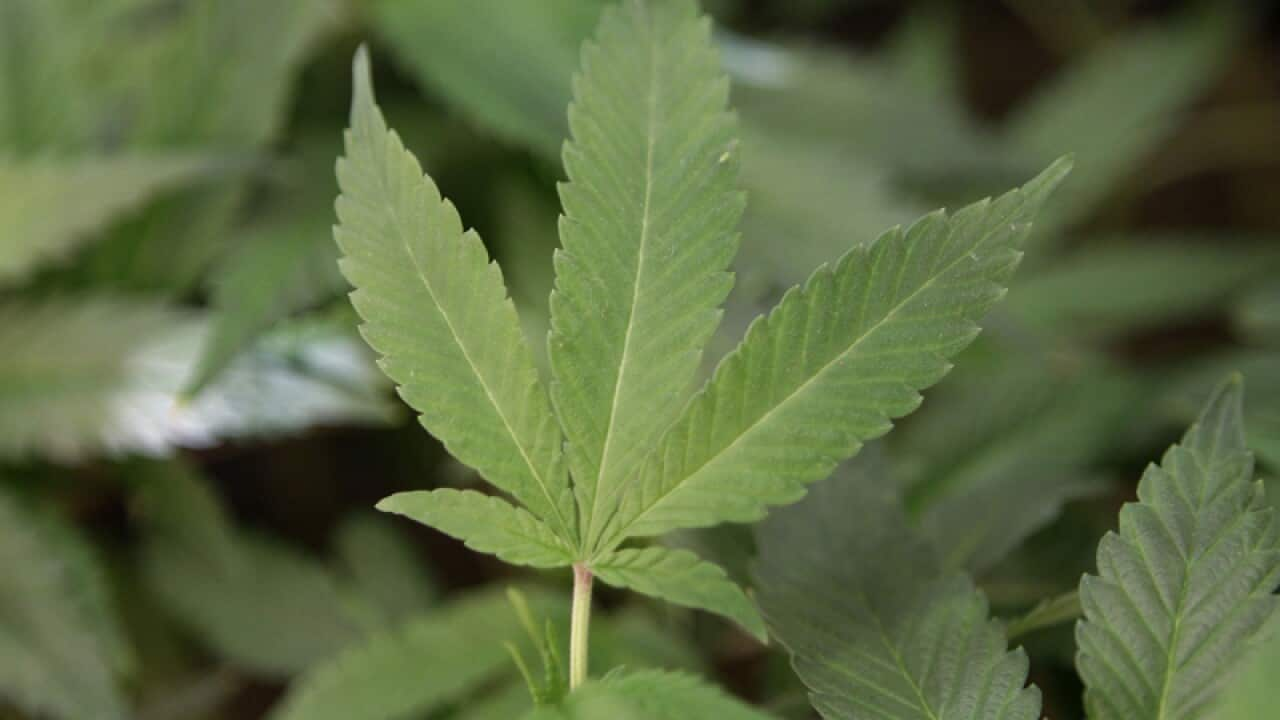The South Australian government has held a roundtable discussion to to investigate the possibility of local cannabis and hemp production.
Kyam Maher, the state’s Manufacturing Minister, said the government was keen to explore options.
“We’re keen to provide the regulatory framework, that if something’s economic, it’s got a chance of creating industry and creating jobs,” he said.
“We’re keen to look at how we can best do that as a state government.”
Greens MLC Tammy Franks has been a long-term advocate for medicinal cannabis, and last year introduced a bill to state parliament to legalise hemp growing.
She said the roundtable is a step in the right direction.
“I am starting to feel hopeful,” she said. “Maybe we’ve lagged behind for so long, we can learn to lead by learning from the other’s mistakes.
“If it takes the money and the jobs to provide that incentive for SA to lead, so be it. I’m hoping we get good outcomes for people who are sick and suffering.”
Medicinal cannabis is currently available in SA, WA and NSW, under strict conditions, for the seriously ill.
Victoria and Queensland will also allow some highly controlled medicinal usage from this year, while the ACT and Tasmania are both considering legislation.
But using it outside official channels can still attract harsh penalties.
Jenny Hallam switched to cannabis oil from prescribed medications to help manage chronic pain several years ago.
“It was just amazing, the difference,” she told SBS News.
“Straight away, it changed my life.”
The 44-year-old from Hillier, north of Adelaide, is now an advocate for the use of cannabis oil for the terminally ill and could also face charges after police raided her home in January.
“It’s frustrating,” she said.
“There are a lot of misconceptions. People think cannabis oil is now available, but it’s not.”
John Fitzgerald, an expert in alcohol and drug policy and associate professor at the University of Melbourne, said cannabis legislation had become “complicated” since changes were made to federal laws last November.
“That put pressure on the states to actually drive legislation that enabled access for patients,” he said.
“It’s actually quite complicated, because the states and the federal government have different responsibilities.”
In a state with the highest unemployment in the country, the start of a cannabis industry could prove lucrative for South Austalia.
But Mr Maher said there were still many steps to go before that could actually happen, including lobbying the federal government.
“One of the things that came out [of the roundtable] was the need for an education program,” he said.
He said that the state government was looking for ways to stimulate economic development.
“We’ve undertaken to reconvene within 90 days, and look at anything that we need to represent to the federal government," he said.
“The production, cultivation and manufacture of medical cannabis is a federal government issue.”

